Chicken Tenders
By Naperville Magazine
Appears in the May 2023 issue.
By Kelli Ra Anderson
Is backyard poultry-keeping right for you?
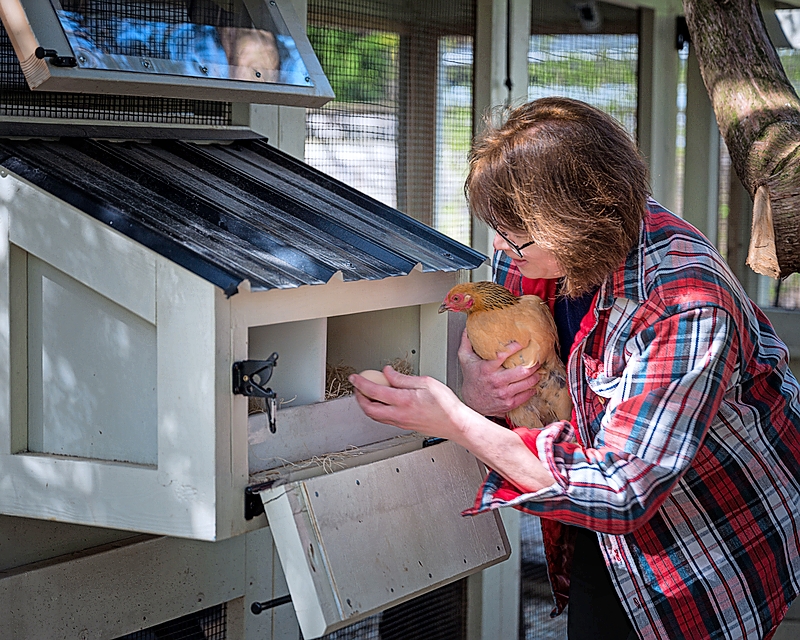
People are often surprised to learn that chickens purr when you cuddle them, come running when you call their name, and respond to human emotion. They can even serve as therapy animals. “If you raise them to bond with you, they’re a phenomenal animal,” says Rob Vaughan, president of Aurora’s Charity Blooms, a nonprofit community farm that houses hens. “Kids love them. But they do require maintenance, upkeep to clean the coop, and health care.”
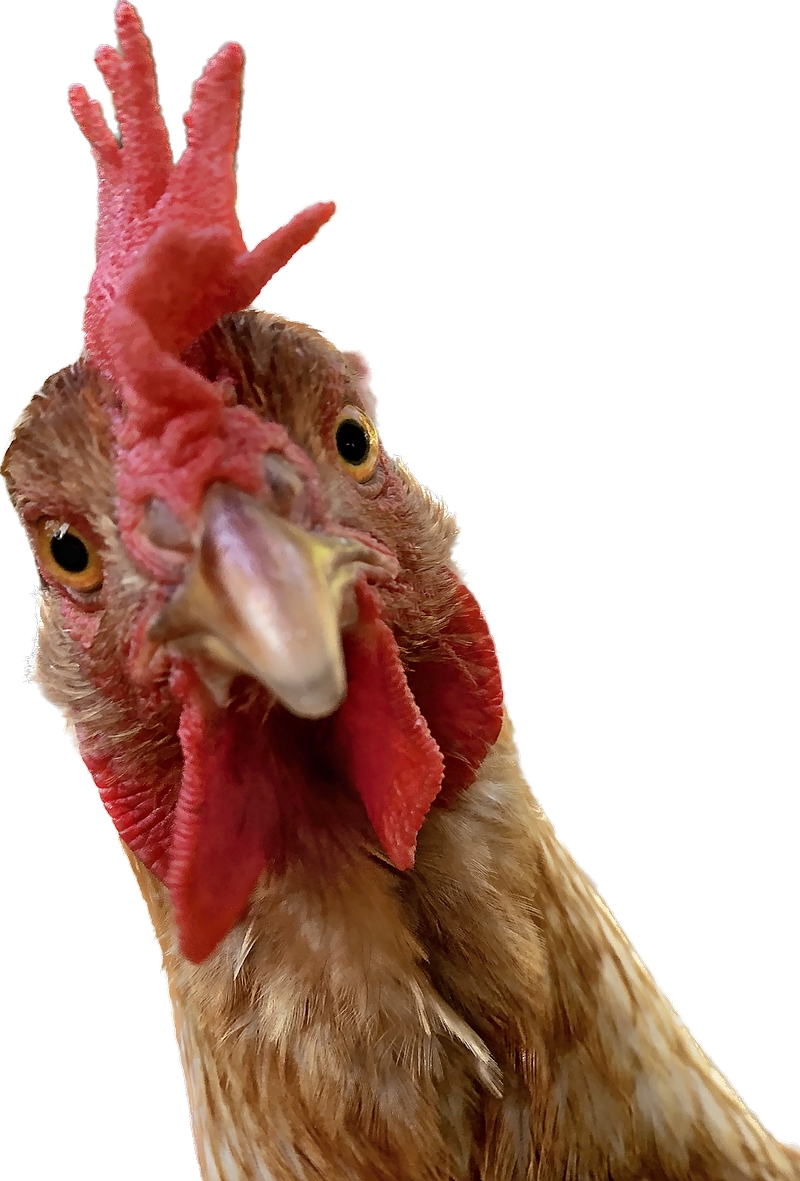
If you are unprepared, caring for backyard chickens is not all it’s cracked up to be. “These are not something to get for Easter or when egg prices are high,” says Tom Stopka, store manager of St. Charles family-owned Trellis Farm and Garden, a supplier of chicks. “You may be caring for these animals for six years or so–long after egg prices come back down.” Jennifer Gilstrap of Naperville, a backyard chicken keeper since 2017, agrees: “These are animals that must be properly sheltered and watered and fed, which means going outside daily to care for them even in minus-39 temperatures.”
Specialized medical care is also essential, and making the issue more complicated, many traditional vets are not trained in avian issues. “Are you prepared for veterinary care? You will need a budget that can afford the cost of caring for birds,” cautions Jennifer Murtoff, chicken consultant of Home to Roost LLC.
But those who keep chickens will tell you hens are comical, fluffy, and friendly delights, well worth the time and effort. So how do you know if raising backyard chickens is right for you?
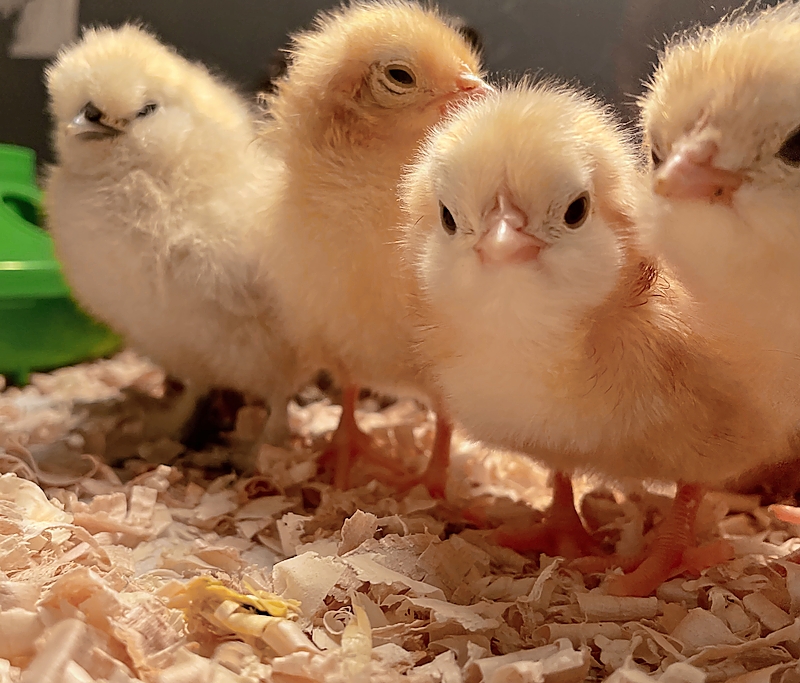
Take time to research
• Know your area’s ordinances, regulations, and permit protocols. For example, while DuPage County allows hens, some towns in the county (like Wheaton) do not allow its incorporated residents to keep chickens more than 90 days per year. On the other hand, Naperville, Woodridge, and Downers Grove all allow small flocks of hens (but no roosters).
• Visit backyard keepers to learn more from the experts (check out the Windy City Coop Tour).
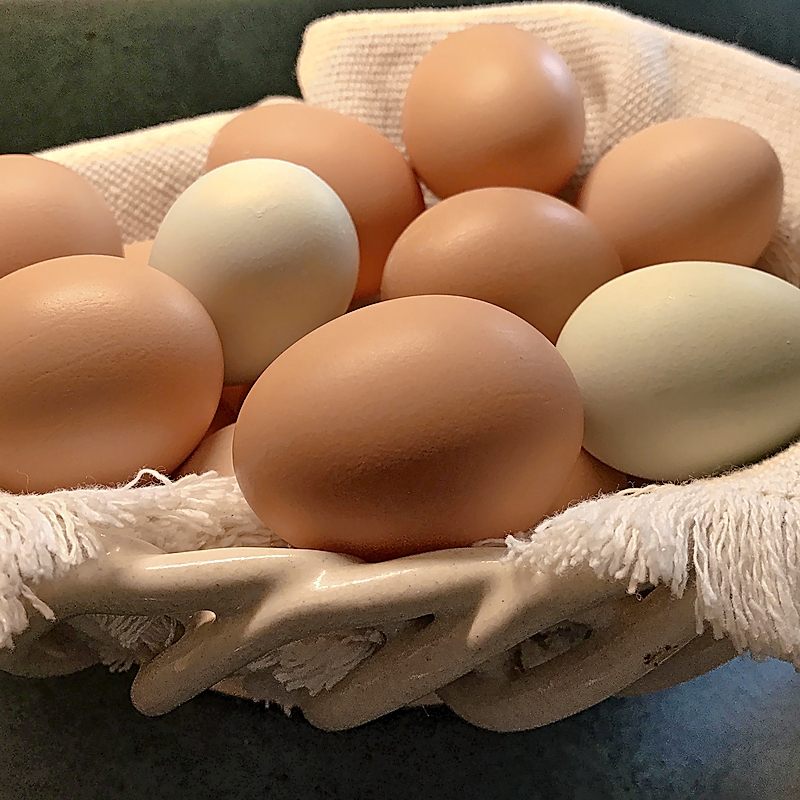
• Choose hardy, gentle breeds best for beginners, such as docile Orpingtons, prolific Cinnamon Queens (up to 300 eggs a year), friendly Plymouth Rocks, and rainbow-laying Easter Eggers (with eggshells in shades of pink, green, or blue).
• Provide quality feed and practice the highest level of biosecurity (for the health of your family and your flock).
• Plan for specialized vet care, just in case.
• Build a strong coop and run.
• Predator-proof: Provide protection from hawks, raccoons, possums, coyotes, and foxes.
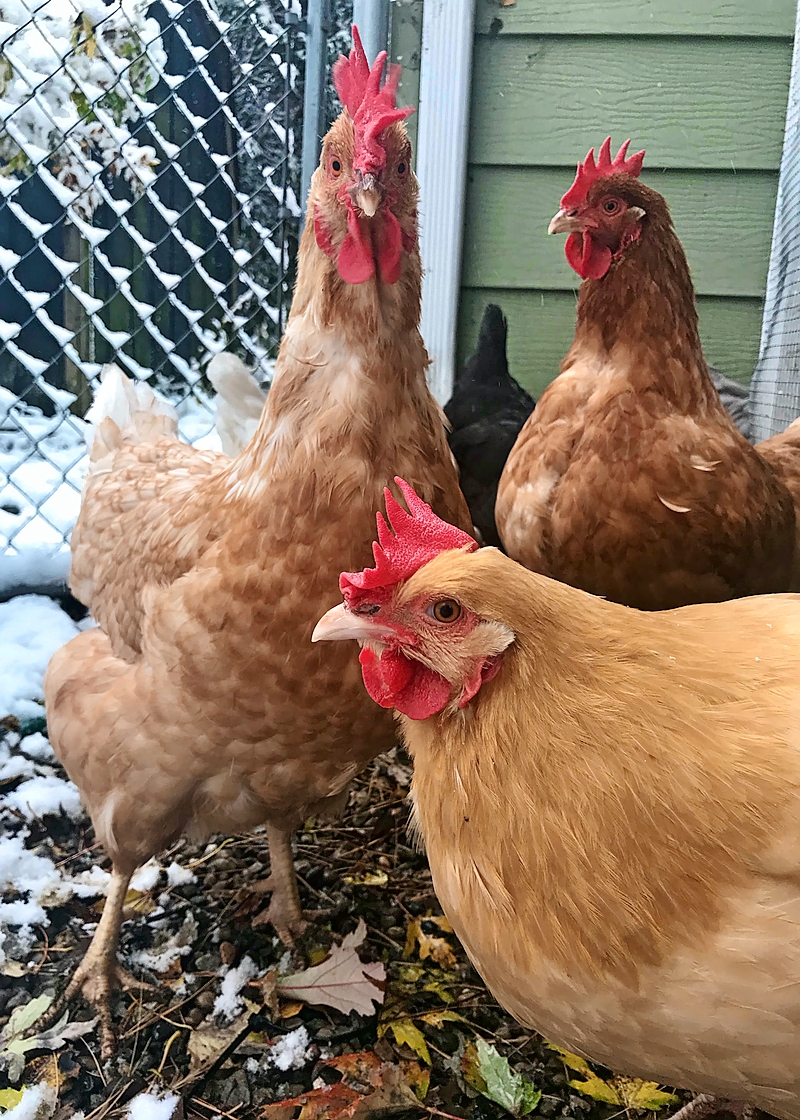
• Weather-proof: The chickens will need a cozy, dry shelter safe from the elements, insulated for winter temps and properly ventilated for summer heat.
• Provide safe nesting boxes (dark, separate spaces for privacy) and stable roosts (two to five inches in diameter, easy-to-clean, and nonslippery).
• Ensure easy access to bedding areas for regular cleaning. If you don’t have one already, consider a backyard compost pile where you can add chicken waste.
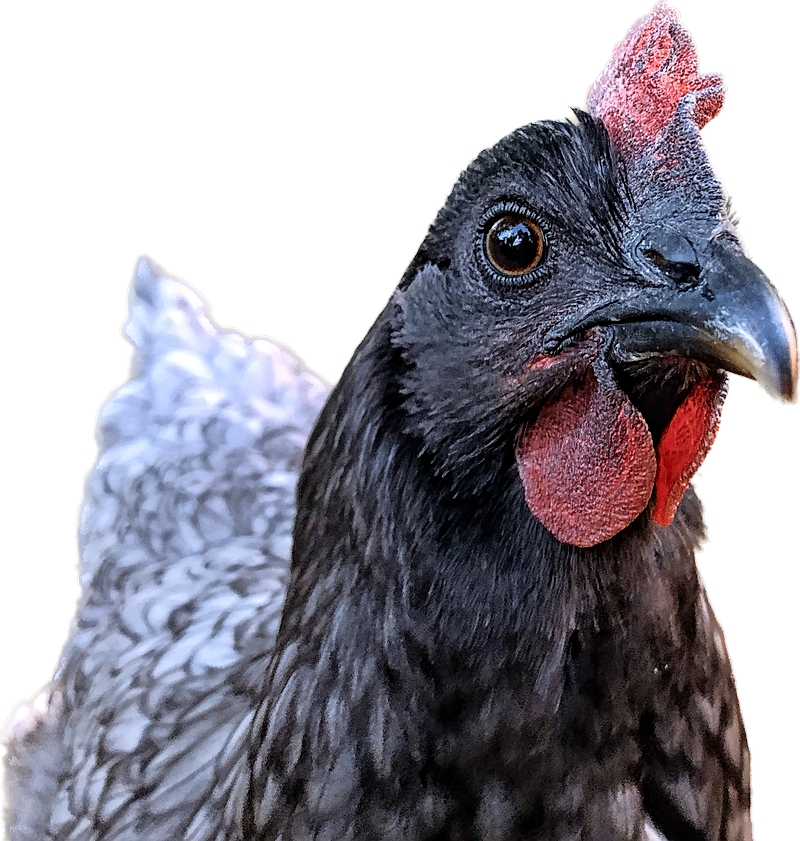
Get Resourced
• Take a class (check out Trellis Farm and Garden training events or Home to Roost videos and classes).
• Get a chicken care manual and a poultry first-aid kit.
• Connect with an online community (for example, Beginner Chicken Keepers or Chicago-Land Backyard Chickens on Facebook).
Photos courtesy of Liz McCrory (Murtoff), Kelli Ra Media (eggs and top right hens), and Jen Banowetz (Cinnamon, Summer, and chicks)





